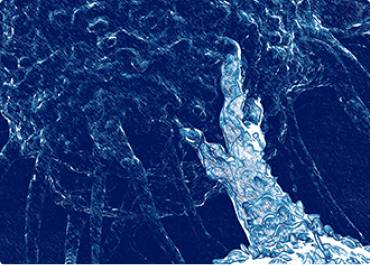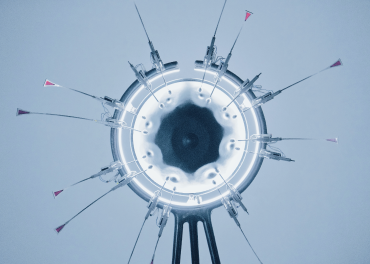NSG™ and NSG™-SGM3 mice are a proven host for engraftment of human tumors as well as the establishment of human immunity following hematopoietic stem cell transplantation. We can now leverage the robust engraftment of functional human immune cells and the capability of co-engrafting patient-derived tumors from a selection of over 400 PDX models. Tumor-bearing, humanized NSG™ mice have the potential to overcome existing challenges posed by syngeneic mouse models, and allow precise preclinical evaluation of antibody-based therapeutics, cancer vaccines, check point inhibitor therapies, and adoptive cancer immunotherapies.
You can advance your drug discovery programs with JAX In Vivo Pharmacology Services, experienced engrafting primary human tumor (PDX) and cell-line tissues in humanized NSG™ mice with the capability to evaluate immune checkpoint drugs alone or in combination. You can benefit from our extensive experience using this platform to evaluate the efficacy of immunomodulators such as PD-1 inhibitors including Keytruda and standard-of-care chemotherapeutics in a variety of tumor types. Readout measures of candidate treatments alone or in combination include quantifying human tumor infiltrating lymphocytes (TILs) in patient-derived tumors, molecular markers as well as reduction in tumor growth.
Tumor-bearing humanized NSG™ mice represent a ground-breaking evaluation platform for immunotherapies used to address outstanding questions in the rapidly advancing field of immuno-oncology:
1. Which tumor types will be most responsive to immunotherapy and what are the underlying mechanisms?
- 2. How can optimal therapy combinations be determined for individual patients?
- 3. What are the mechanisms behind resistance to immunotherapy and immunomodulatory agents?
- 4. How can resistance be anticipated and prevented?





